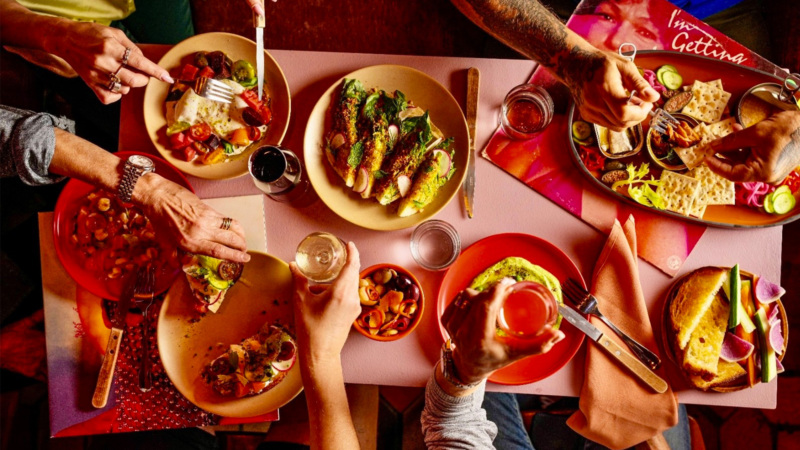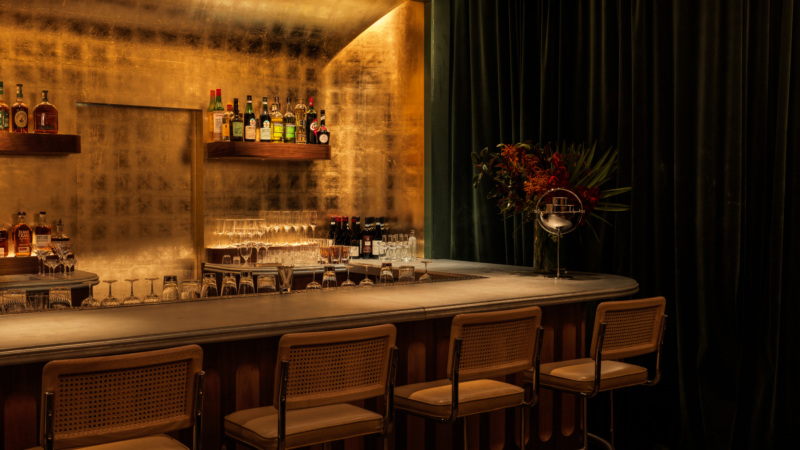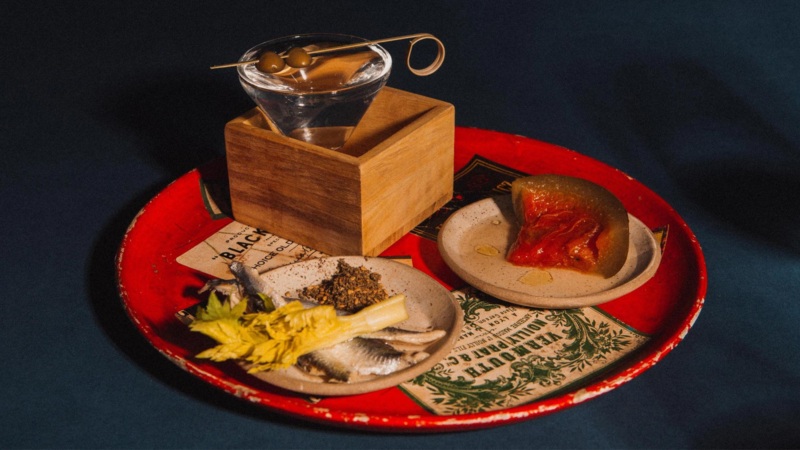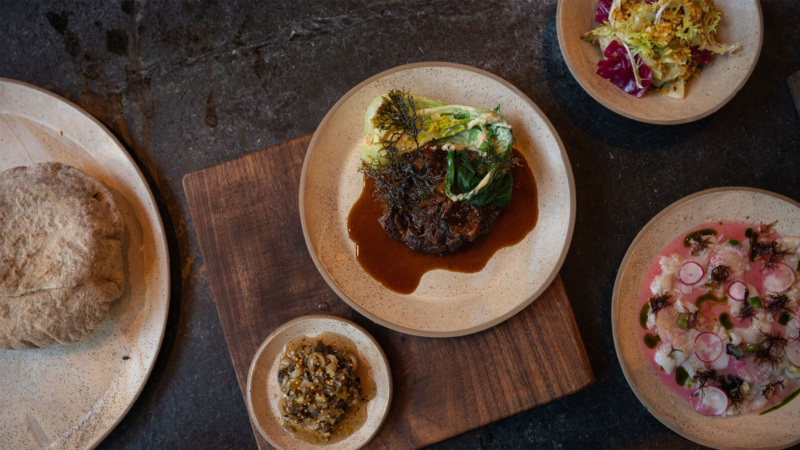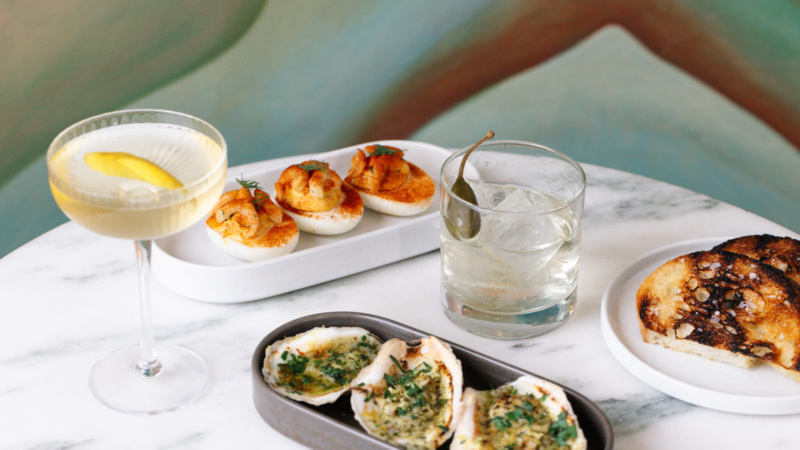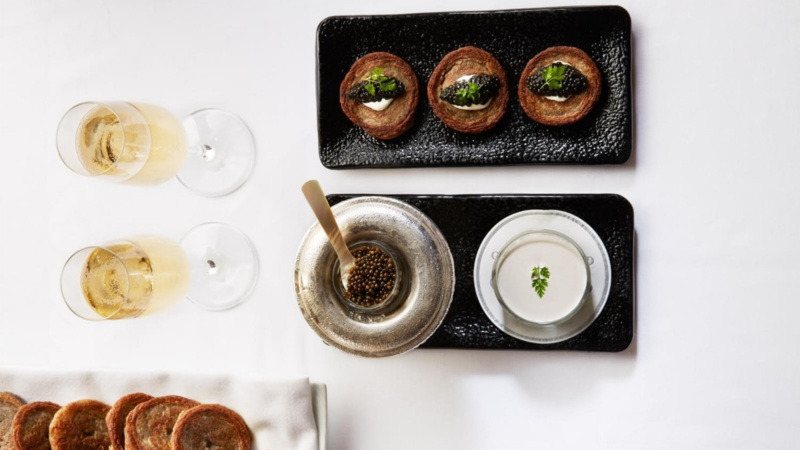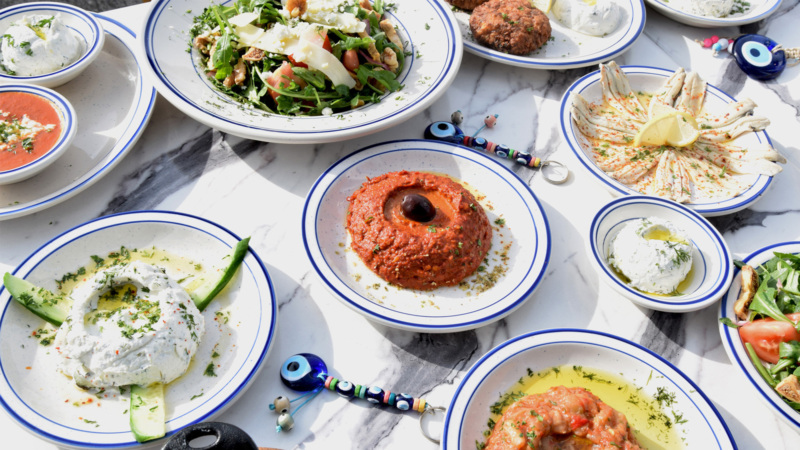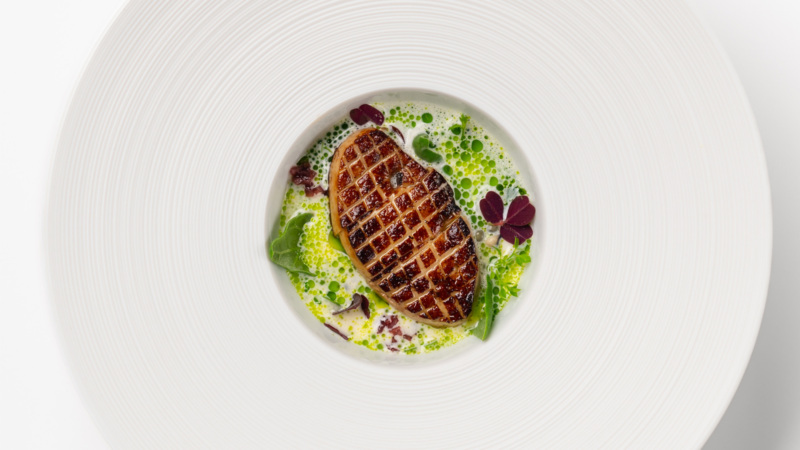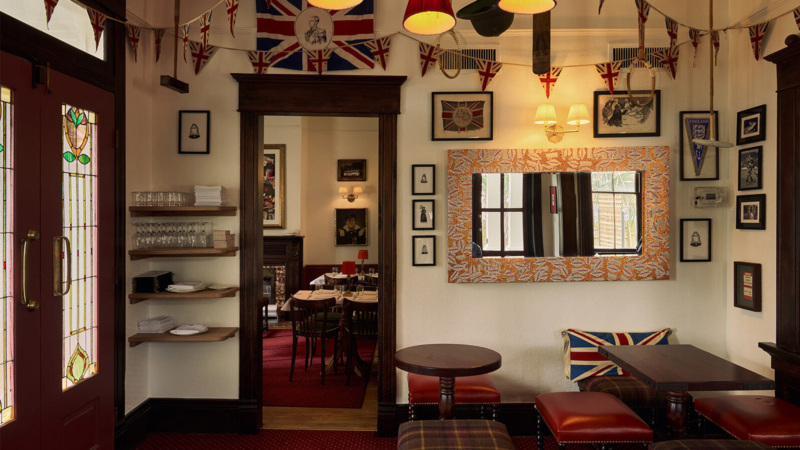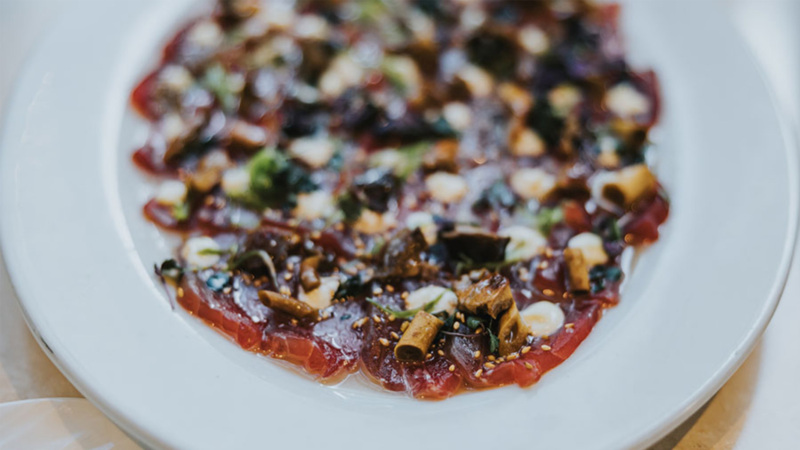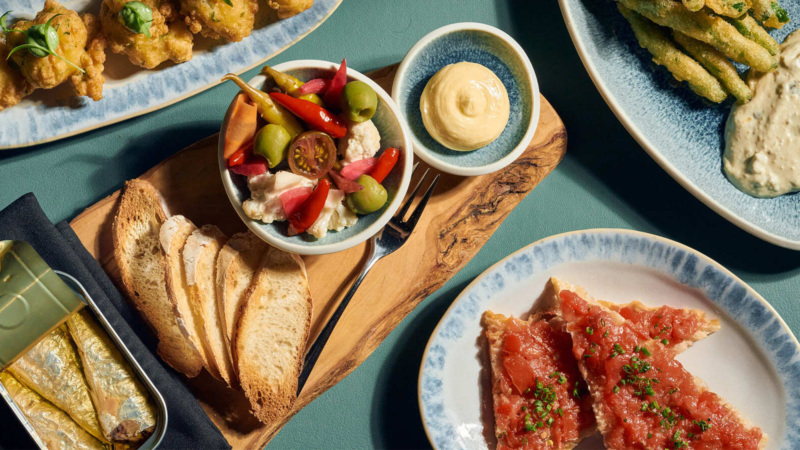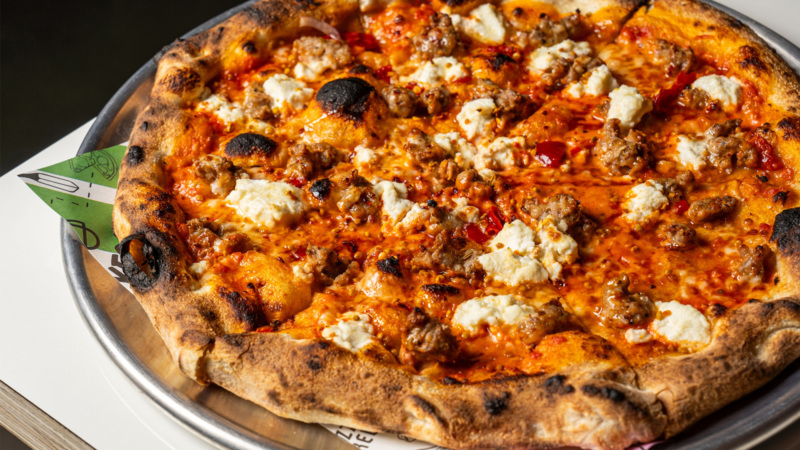

‘Remove the Word ‘Sorry’ From Your Vocabulary’ – Missy Flynn, Co-owner Rita’s
With their Soho restaurant Rita’s, Missy Flynn and partner Gabriel Pryce have created a space built on passion and a deep love of hospitality. The duo have been progressive in advocating for partners (such as grower Max Onslow of Bateman Road, or charity Food Behind Bars) as well as pushing for inclusion and safe spaces within the hospitality industry. We spoke to Flynn about her experiences of systemic patriarchy, and how the industry can address the imbalance.
How do you see patriarchal structures within the industry?
I’m a tall person who began their career behind a bar, therefore industry standard equipment typically has worked for me. I did realise recently I have my own biases with fixtures and fittings, both my partner and I are tall (and he is a man) – most things that work for him, work for me on a superficial level. That said, we hung a mirror in the bathroom of our restaurant when we first opened, and it took a member of staff to tell me that not everybody could see themselves in it!
Other things I notice with equipment shapes and sizes, and like most things in life, who are the economically viable options for? I’m not a chef, but I do wonder if knives have a tendency to lean towards a certain hand; chefs will say this is the joy of finding the perfect knife, but maybe there isn’t one for everyone?
What situations have you found yourself in that have been discriminatory?
Our business has grown a lot in 10 years, and for the most part it has been pretty easy for me to hold my ground and to produce a business that is rooted in equality.
That said, the instances where I felt the most gender inequality has been when we have let other people in, i.e. consultants or outside advisors who find it very easy to compartmentalise the chef/guy and front of house/female trope that they think our business is built on. This is absolutely not the case, and I feel personally that the most prejudice I have experienced has come from people that we have been paying money to! Which is always a shocker because the money comes from both of us [Rita’s is co-owned by Flynn and chef Gabriel Pryce], but for some reason my needs, direction and demands can become less important or considered futile.
When we started out and there were three guys and myself, we worked with a consultant who did not like taking direction from a young female co-founder and ultimately tried to oust me from what was essentially my own project. That was a shock. I still carry the feeling that I was open for attack, in that way, simply for being a woman that speaks her mind; to this day it creates a defensive approach to new people and outsiders where the business is concerned.

What directions do you think the industry should take in changing these structures?
I think everyone in the industry is on a quest for equality, safety and opportunity. However, one thing I am hearing is that it’s a transition period, and some don’t feel they have the knowledge or the ability to approach their workplace with a renewed sense of calm, or care, that we are all calling on each other for.
I do empathise with this feeling – the industry changes so rapidly with a constant onslaught of new incentives, ideas, concepts, social media, marketing, offshoot projects, supply chain and so on. The simple fact is it is incredibly hard to keep going at the moment with staff shortages and rising costs. I empathise with the fact it can be hard to carve out a meaningful amount of time to properly make these changes. But it is necessary.
I would suggest we use micro-opportunities to step out of how we are working and look at how we could be working – so constantly assessing the workload of yourselves and your team, making inventory snapshots of what is being done, when, and coming to terms with the idea that not everything will be perfect but that you should prioritise making perfect the things that matter to you most.
Perhaps if chasing five-star reviews and perfect plates less – the things happening when guests are around – we could focus more on what happens when there aren’t guests around.
How are you approaching the idea of equitable spaces?
I truly believe that the work we do is a creative job and not instinctively driven by the need to dominate or climb over others.
Increasingly I’m becoming a firm believer of developing soft management skills in everybody in the restaurant. So, whilst there is a lot of chat about restaurants being a family, most are operating in a family where one or two people are the parents and everybody else does what they’re told, like children. The kind of ‘family’ we would like to create in our restaurant is a collaborative one where everyone knows the best way to communicate and work together.
As independent business owners we do have the ability to create our own laws, I think this is why we both went into it.
What advice do you have for those coming into the industry?
My advice for any women, marginalised people or those who feel side-lined coming into the industry would be to first of all remove the word ‘sorry’ from your vocabulary, I’ve done this quite recently and it feels really good. The other thing is: don’t wait to be made a leader, just lead. I don’t mean bullishly charge through someone else’s business or take decisions that are not yours to be made, but showing initiative goes a very long way. This industry is nothing without quick thinking, proactivity, enthusiasm, and common sense.
Missy Flynn is the co-owner of Rita’s in Soho.
Anna Sulan Masing is a London-based writer and academic, and a co-founder of Sourced Journeys and Cheese Magazine. Follow her on Twitter and Instagram. Follow Resy, too.


